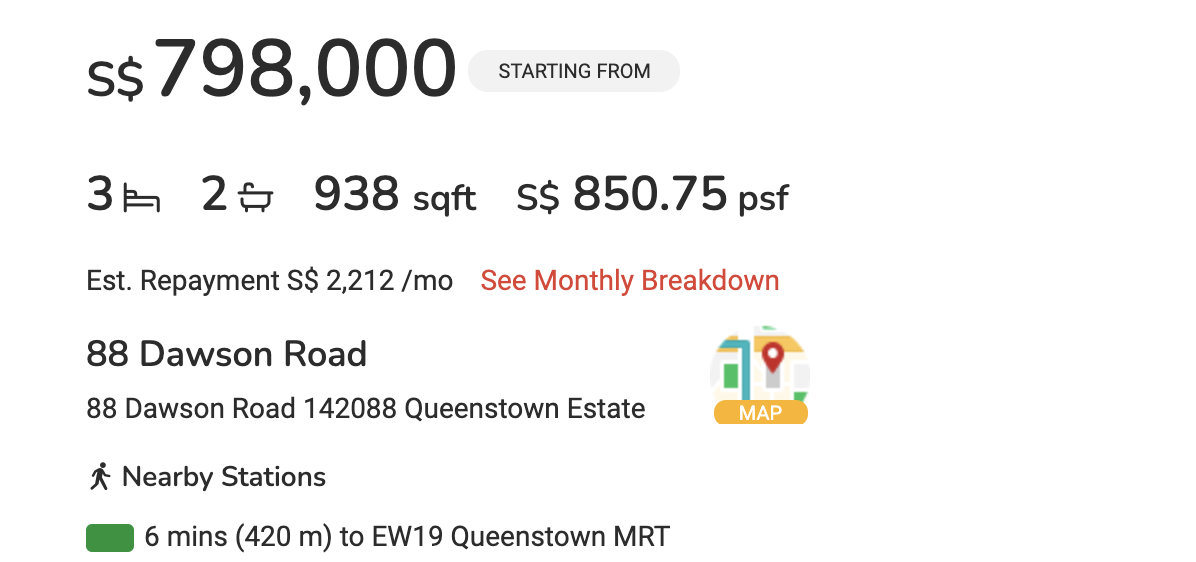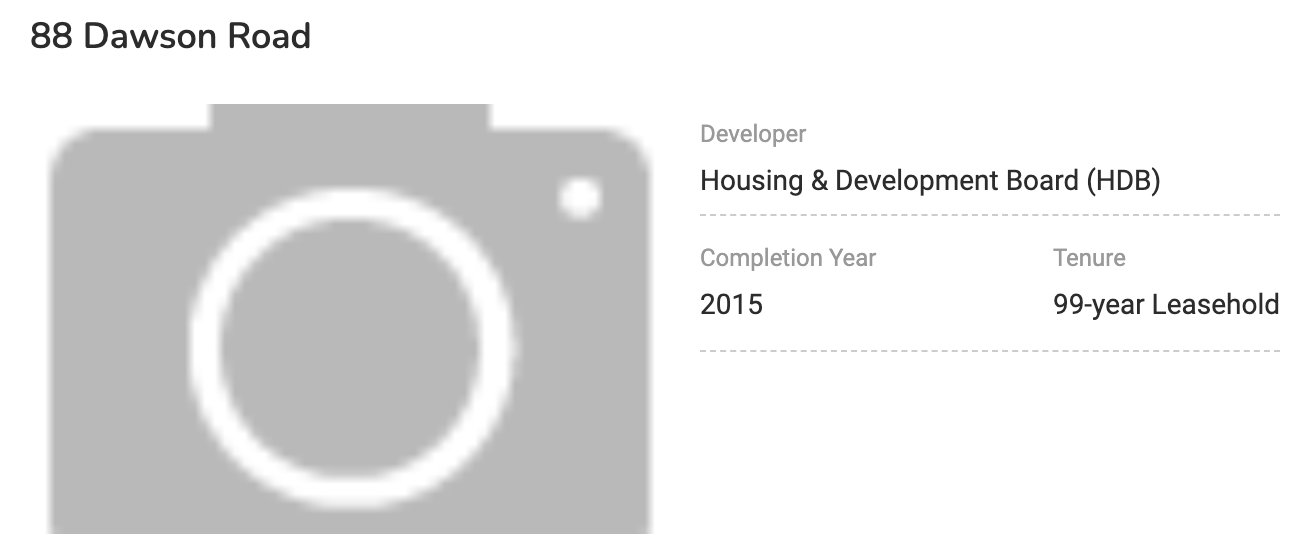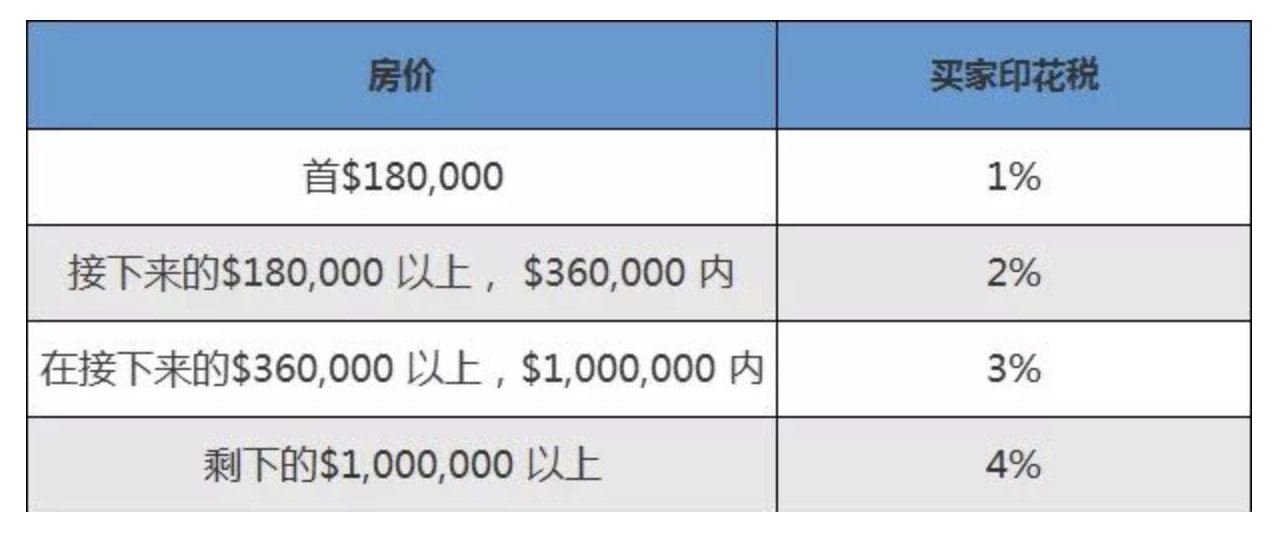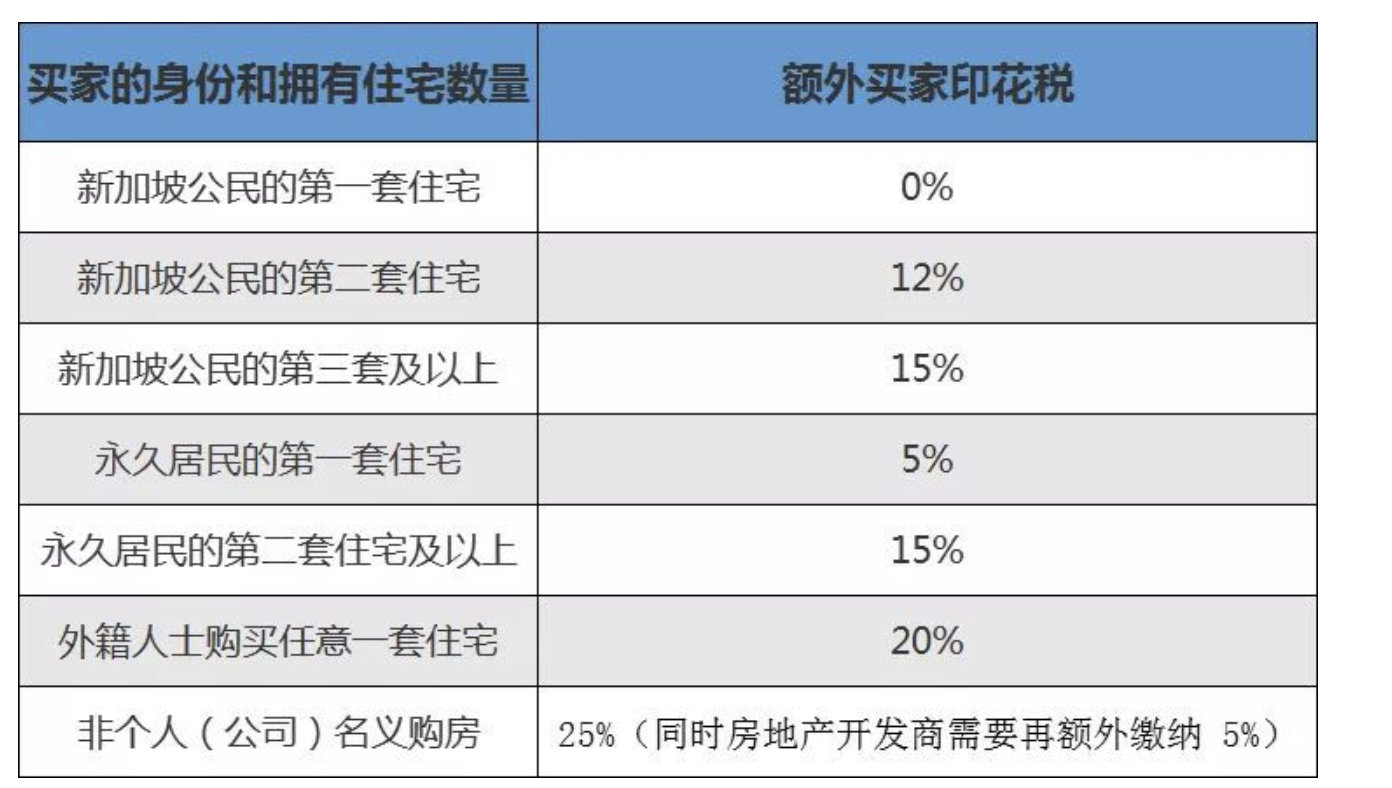Singapore Housing Introduction
Life Perception

***The following content is for reference only and does not involve any investment. For specific content, please refer to the official government release! ! ! ***
1. Types of housing in Singapore
Housing in Singapore is divided into HDB flats planned and built by the government, executive condominiums, and private commercial housing. Among them, private commercial housing is divided into landed housing and non-landed housing (ie apartments). HDB (House&Development Board)-built HDB flats and executive condominiums are all 99-year leasehold**, private residences are built by private real estate developers with 99-year, 999-year and permanent leaseholds difference.
-
Government Housing Estate
Most of the Singapore residents buy government HDB flats, which are welfare housing for Singapore citizens and permanent residents.
(1) 2-room HDB: 1 bedroom, with a usable area of about 45 square meters.
(2) 3-room flat: 2 bedrooms, with a usable area of about 70 square meters.
(3) 4-room flat: 3 bedrooms, with a usable area of about 80-105 square meters.
(4) 5-room flat: 3/4 bedrooms, with a usable area of about 110-125 square meters.
(5) Executive Apartment (EA): 3/4 bedrooms with an area of about 150 square meters.
(6) Executive Duplex Apartment (EM): Same as Executive Apartment, but double-storey.
-
HDB Condominium
Executive Condominium (EC): Commercial housing developed by private real estate developers**, the price is cheaper than private commercial housing, and the apartment facilities are almost the same. Only Singapore citizens can buy it. After 5 years, it can be sold to Singapore permanent residents. After 10 years, it will be automatically privatized and become a commercial apartment for sale to foreigners.
-
Private Apartment
This category is for foreigners, and there are no restrictions on foreigners. There is a clubhouse, playground, gym, swimming pool, tennis courts and BBQ stations with 24 hour security surveillance.
**(1) Condo/Apartment: **Standard apartment facilities. Such as swimming pool, 24-hour security, library, gym, basketball court, tennis court, etc.
**(2) High-rise apartment (HiRise): ** There are some apartment facilities, but there may be no basketball court, general gym, 24-hour security, and swimming pool.
**(3) Low-rise apartment (LoRise): **There are some apartment facilities. For example, swimming pool, gym.
**(4) WalkUp: **A low-rise apartment without an elevator and without any apartment facilities.
-
Landed Property
This type is private property with private gardens and garages. Foreigners are not allowed to buy it, and permanent residents are not allowed to buy it in principle. People who have made special contributions can buy it with government approval.
**(1) Detached villa: **There are no walls or fences connecting with other houses on the four sides of the villa, with an area of more than 400 square meters and a maximum building height of three floors.
**(2) Semi-detached villa: **The house is connected side by side with the neighboring house on one side, with an area of more than 200 square meters and a maximum building height of three floors.
**(3) Conjoined villas (row houses): **A group of houses connected side by side, with an area of more than 150 square meters.
**(4) Corner row house: ** The house on both sides of the row house.
**(5) High-quality villa: **The area is more than 1,400 square meters. Singapore has 39 such areas.
2. Conditions for buying a HDB flat
Most Singapore residents will buy HDB flats, including permanent residents and foreigners. However, there are many identity restrictions when purchasing HDB flats. The following are the types of purchases that can be divided according to identity. You can sit by number according to your own situation.
Listed below are the two core members of the family, which can be buyer+spouse/parents/children.
- **New Citizen + New Citizen: All HDB flats can be bought, including BTO new HDB flats. **
- **New citizens + permanent residents: All HDB flats can be bought, including BTO new HDB flats, no need to be a permanent resident for 3 years. **
- **New citizens + EP, SP, DP, WP, LTVP…: The validity period of the pass must be more than 6 months, and you can buy resale HDB flats. From July 2013, you can also apply to the government to buy new BTO flats (restrictions: at least 35 years old, first-time home buyers, monthly family income cannot exceed SGD 5,000, and only 2-room flats can be applied; the house is actually equivalent to a citizen Purchased in the name of an individual, not jointly owned by the husband and wife). **
- **Permanent resident for 3 years+Permanent resident for 3 years: Both parties have had permanent resident status for 3 years and can buy resale HDB flats. You cannot buy BTO HDB flats. **
- **Permanent residents who have reached 3 years + permanent residents who have not reached 3 years: they cannot buy HDB flats. You have to wait until both parties have been permanent residents for 3 years. **
- **Permanent residents under 3 years + permanent residents under 3 years: can not buy HDB flats. You have to wait until both parties have been permanent residents for 3 years. **
- **Permanent residents + EP, SP, DP, WP, LTVP…: cannot buy HDB flats. **
3. Restrictions on purchasing BTO (new HDB flats)
BTO is build to order, pre-sale of HDB flats. It is sold first and then built. It is a bit like a group purchase. It takes about 3-4 years from application for purchase to handover and key collection. The advantage of BTO is that the price will be cheaper than resale HDB, and you can also enjoy government subsidies according to your situation, so most people will give priority to buying BTO. But the problem is that it takes a long time to hand over the house, and the identity will be stricter.
-
INCOME LIMITATION
4-room or larger HDB flats (including executive condominium EC): The family income cannot exceed SGD 12,000 per month. If the HDB flat is purchased in a cross-generational joint name (for example, with the parent/parent), The family income ceiling is S$18,000.
3-room HDB flat: For non-mature community HDB flats, the income limit at the time of purchase is SGD 6,000 or SGD 12,000 per month, depending on different projects. The income ceiling for HDB flats in mature communities is fixed at SGD 12,000 per month.
Resale HDB: No income restrictions.
-
OTHER RESTRICTIONS
At least one of the buyers must be 21 years old.
Do not own other properties in Singapore or overseas, and have not dealt with any local or overseas properties in the 30 months preceding the purchase.
I have bought other houses in Singapore without using the housing subsidy from the Singapore Provident Fund.
4. BTO VS Resale HDB
The prices of BTO and resale HDB flats are quite high. The price difference between BTO and resale HDB flats (same area) in the same area may be 300,000-500,000 SGD. Resale HDB flats will become less and less valuable as the house ages. New resale flats will be more expensive. Therefore, it can be said that BTO is the most preferential housing for Singapore residents. If you can buy BTO, you must buy BTO.


The picture above shows the price of resale HDB flats near Queenstown, four bedrooms, and the total price of the house in 2015 was close to SGD 800,000. Let’s take a look at the prices of BTO in almost the same position.

Four bedrooms, the price is between 480,000 and 530,000, and it can be seen that this is still a lot of space.
5. Condo
Condo can be said to be the best choice for most foreigners or foreigners who have newly applied for PR to buy property in Singapore, but Condo also has some problems. The first one is that the price is expensive, the area will not be very large, and the tax will be more. Condo does not have any requirements for the status of residents.
In Singapore, the buyer’s stamp duty and additional buyer’s stamp duty that buyers need to pay are inextricably linked to the house price and the identity of the buyer. The higher the house price, the higher the corresponding buyer’s stamp duty.

Overseas people are required to pay 20% additional buyer’s stamp duty when buying residential property class properties

When selling a house, you only need to pay a certain percentage of stamp duty according to the deadline. Buyers who bought a house after January 14, 2011 only need to pay the seller’s stamp duty within 3 years of buying the house, and they don’t have to pay any more after selling it after holding it for more than 3 years. This is also an important measure for Singapore to prevent real estate speculation.

So buying a condo is also very expensive.
6. About buying a house in Singapore
Compared with the domestic real estate market, Singapore’s real estate market is really well-controlled. It can be said that it is very difficult to increase wealth by investing in a house in Singapore. The government increases taxes, strictly restricts a house, and increases the restrictions on the status of buying a house. To regulate the house buying and selling market, so the real estate market in Singapore has always been in a stable state of housing prices, and not many people think about buying and selling houses to achieve wealth appreciation. A better opportunity is the government’s new HDB, which is BTO. This can be said to be the best choice for property investment in Singapore, and it is also the biggest benefit the government gives to the people. However, BTO also has identity and time restrictions. If you are lucky If you can get a BTO flat, you must seize it.
7. End
Personally, I appreciate the series of measures implemented by the Singapore government for residential housing to ensure home ownership. If everyone thinks about investing in houses to achieve a huge increase in wealth, it is actually very unhealthy, and it will make many people think that personal work and struggle are meaningless. Everyone will buy houses and invest, and young people will panic even more. It will be more impetuous, and finally a vicious circle will be formed, and the happiness of life will also decrease.